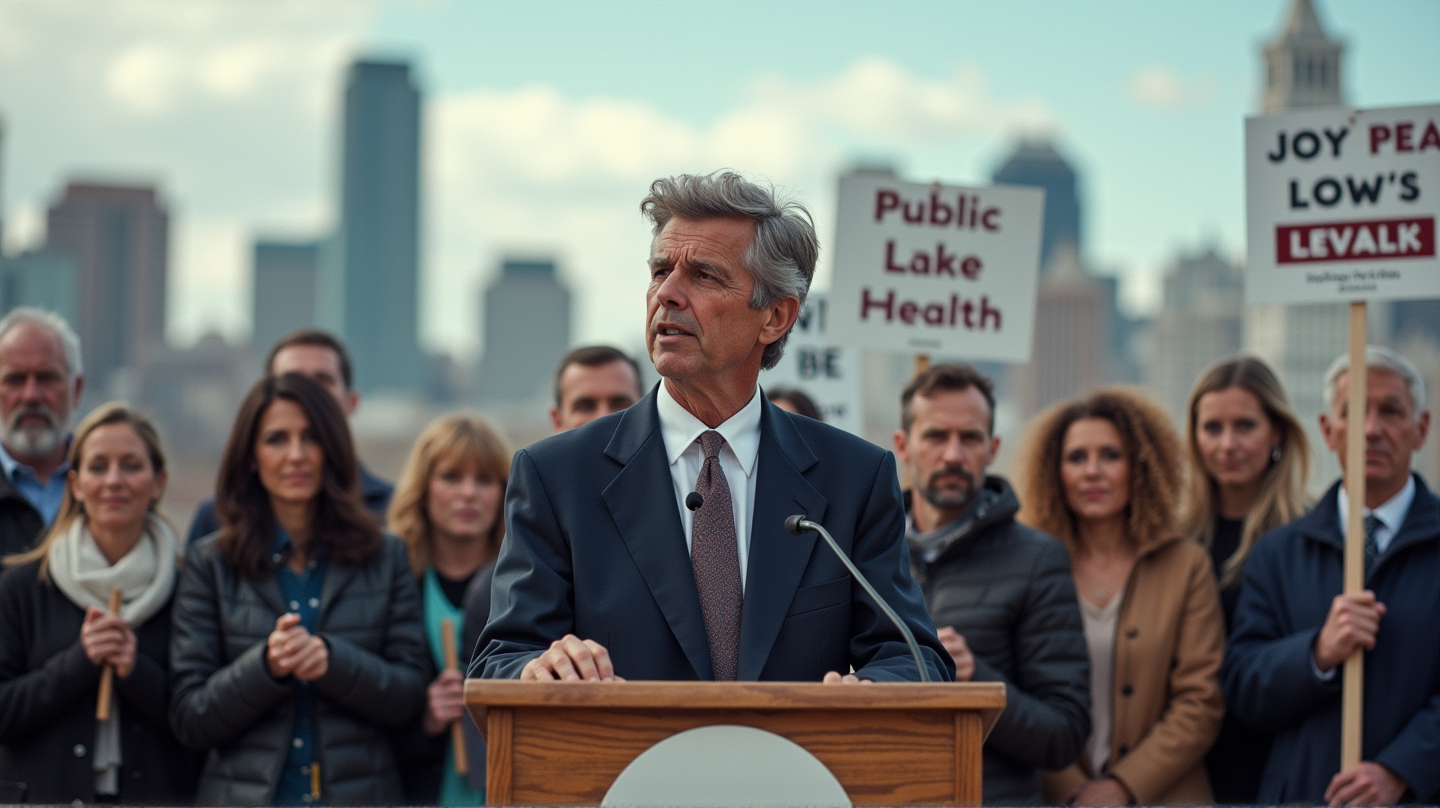RFK Jr. Advocates for CDC to Stop Fluoride Recommendations

A Stirring Call to Action
SALT LAKE CITY (AP) — In a pivotal move resonating through public health corridors, U.S. Health Secretary Robert F. Kennedy Jr. announced a bold plan. He is set to urge the Centers for Disease Control and Prevention (CDC) to cease their fluoride endorsement in the nation’s drinking water. “We are launching a task force,” Kennedy stated passionately, aiming to reevaluate the current standing of fluoride in our health frameworks.
The Utah Precedent
In a momentous move last month, Utah became the nation’s pioneer by legislating a ban on public water fluoridation. Despite opposition from dental and national health bodies, the Republican Governor, Spencer Cox, signed the consequential bill. A May 7 deadline looms for state water systems to comply with the cessation. Kennedy, amidst Utah’s influential legislative circle, hailed the state as “a leader in making America healthy again.”
Aligning with Environmental Bodies
Kennedy found an ally in the Environmental Protection Agency (EPA). As stated in AP News, the EPA is reassessing fluoride’s health implications in light of new research, promising a scientific overhaul of existing statutes. EPA Administrator Lee Zeldin emphasized, “Our renewed analysis could very well reshape current national standards.”
Historical Context of Fluoridation
Fluoride’s journey in public health dates back to the 1950s, lauded then for its capacity to combat dental decay. The CDC still recommends fluoride concentrations of 0.7 milligrams per liter. Yet, Kennedy is vocal against a substance he describes as a “dangerous neurotoxin,” citing its controversial associations with several health risks. It’s a stance that challenges decades of medical orthodoxy.
The Controversy Amplifies
This mounting debate has encapsulated a broad spectrum of opinions. Critics, including the American Dental Association, argue the critique of fluoride stands on shaky scientific ground, confusing public discourse with misinformation. Meanwhile, reform advocates underscore the political undertones in the ongoing narrative.
The Path Forward
Kennedy’s call finds itself at a crossroads where public health meets policy, urging states to deliberate on fluoride’s future implications. His message is clear: The conversation on how we protect community health is evolving, demanding fresh eyes and modern perspectives.
With every state now on alert, the wider national conversation on fluoride is far from over. As Kennedy navigates this complex landscape, the echo of his demand provides a critical juncture for the future of public health practices.





